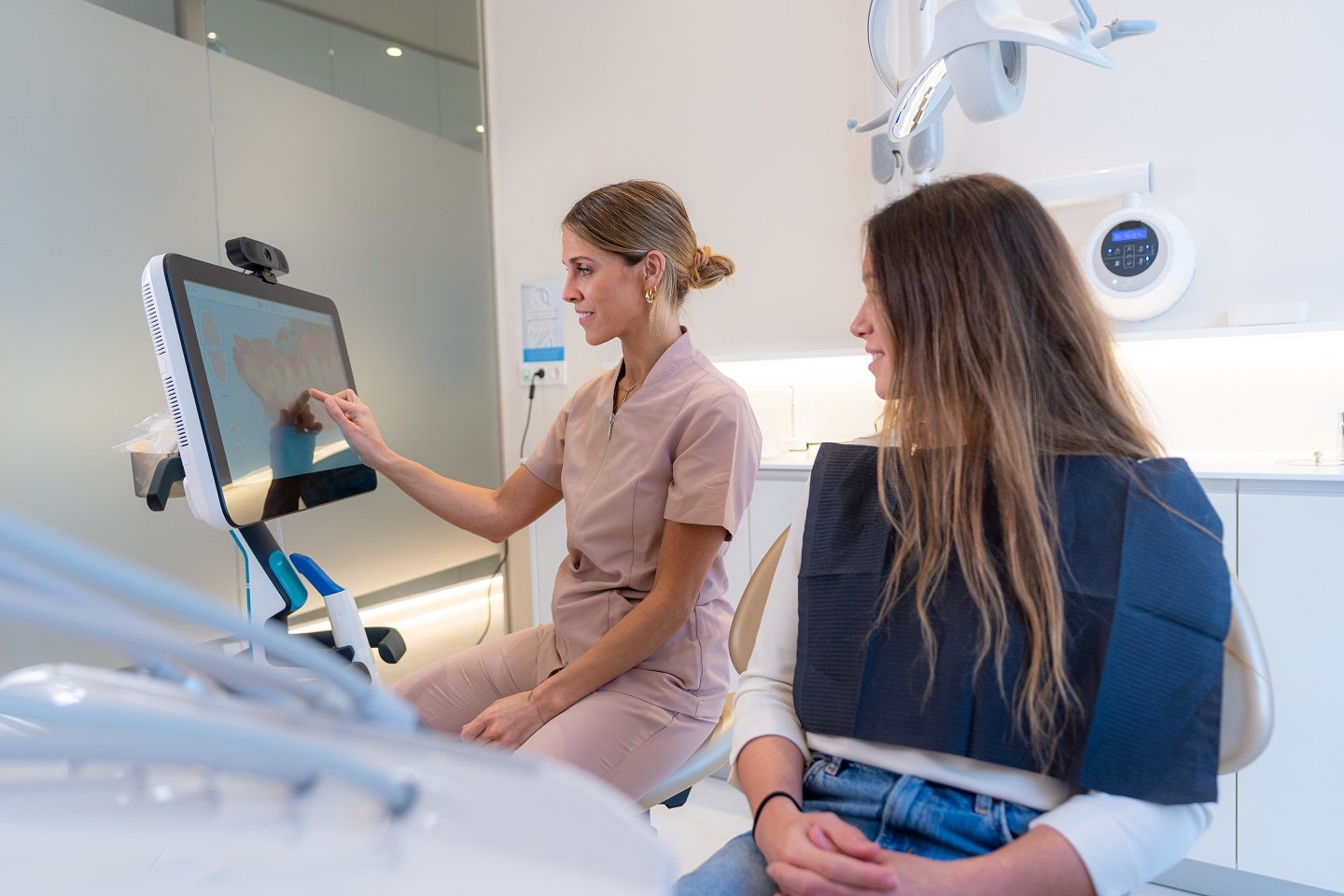Health technology assessments (HTA), defined by the World Health Organization (WHO) as “the systematic evaluation of properties, effects and/or impacts of health technology”, allow countries to determine the added value of a new technology compared to existing pharmaceuticals and often help inform related pricing and reimbursement decisions. Their impact, structure, and function however vary by country and authority. Using GlobalData’s Price Intelligence (POLI) & HTA database, analysis has been conducted that will provide insight into how the HTA landscape adapted between 2019 and 2023, allowing for some degree of predictability over HTA outcomes across two major European markets (France and Germany).
Germany sees an upward trend in the number of HTA evaluations
For France and Germany, the number of total HTA decisions made between 2019 and 2023 has been increasing at an average annual growth rate of 7%. In 2023, a total of 148 HTA decisions were delivered for 89 brands across France and Germany, which was a small decrease (2%) compared to the number of evaluations made in 2022. While the overall volume of decisions made in each of these years is relatively stable, the distribution of these decisions being made by each country has varied significantly. France saw a decline (-8.0%) in the number of decisions made in 2023 compared to 2022; this trend has occurred since 2021 when a modified early access scheme for treatments with unmet need was launched in France. Alternatively, the number of evaluations being made in Germany has been steadily increasing since 2020, and the number of evaluations made in 2023 increased by 11% compared to 2022.
France traditionally restricts higher innovation ratings to ASMR II and III
Across France and Germany, most HTA decisions allowed products to be either fully or partially reimbursed during 2019–23, as represented in Figure 2 by those decisions that are either positive or neutral. Positive outcomes represent decisions that delivered higher and more favourable innovation scores (ASMR I–III in France and added benefit in Germany). In France, Haute Autorité de Santé (HAS) was unlikely to deliver the highest innovation score in the last five years. The only decision to be granted an ASMR I rating was in 2021 for Pfizer’s Nimenrix (meningococcal polysaccharide groups A, C, W-135 and Y conjugate vaccine) for the treatment of invasive meningococcal disease caused by Neisseria meningitidis groups A, C, W-135, and Y. In 2023, 86% of decisions made by HAS were associated with an ASMR III rating. Compared to France, Germany has been more lenient over the last five years when providing higher innovation ratings, with 20 decisions receiving its highest innovation of considerable benefit in 2023 alone. During 2019–22, more positive decisions were delivered than neutral outcomes in Germany while 2023 became the first year where the number of neutral decisions surpassed the number of positive outcomes, likely causing stricter price cuts due to more products undergoing therapeutic reference pricing instead of negotiations with the statutory health insurance (GKV).
Oncology continues to dominate HTA assessments
In 2023, the most assessed therapy area in France and Germany was oncology, with 26 of the 69 unique indications being evaluated falling under oncology. Within oncology, 125 decisions were made, 94% of which led to reimbursement under a national health insurance scheme while 6% were rejected. Within immunology, infectious disease, cardiovascular disorders, dermatology, respiratory, and ophthalmology, no negative outcomes were delivered, meaning every indication and related treatment that was reviewed was reimbursed in some manner.
Orphan medicines evaluated through HTA assessments received an increase in 2023 but are focused within Germany
In 2023, HAS and the Federal Joint Committee (G-BA) were able to increase the total number of orphan medicines evaluated by 17% compared to 2022. The increase in the number of orphan drug assessments is mostly concentrated in Germany since the number of orphan drugs evaluated by HAS has declined since 2021. However, this is not completely reflective of France’s investment in the rare disease space. As of 1 July 2021, France made changes to its long-standing early access scheme known as authorization for temporary use (ATU). The modified system brought newly defined tools that made France a more attractive market for orphan drugs. Currently, medicines for rare diseases typically launch on the French market under the ATU scheme first and are assessed by HAS under the traditional pricing and reimbursement system later.
The volume of HTA evaluations covered in 2023 has not varied greatly compared to 2022 and oncology is still a highly invested market. However, there has been a clear redistribution over the last five years of the two countries providing these outcomes. As more innovative drugs in France turn to the country’s early access, the overall number of HTA evaluations has been declining. Additionally, Germany has continued to increase the number of HTA evaluations being made, but the G-BA provided a greater number of less favourable outcomes in 2023. While these trends tell the story of the HTA landscape, a seismic shift in this space is currently expected to occur when EU-wide joint HTAs come into place in 2025, starting with oncology and advanced therapy medicinal products.

US Tariffs are shifting - will you react or anticipate?
Don’t let policy changes catch you off guard. Stay proactive with real-time data and expert analysis.
By GlobalDataThis article is produced as part of GlobalData’s Price Intelligence (POLI) service, the world’s leading resource for global pharmaceutical pricing, HTA and market access intelligence integrated with the broader epidemiology, disease, clinical trials and manufacturing expertise of GlobalData’s Pharmaceutical Intelligence Center. Our unparalleled team of in-house experts monitor P&R policy developments, outcomes and data analytics around the world every day to give our clients the edge by providing critical early warning signals and insights. For a demo or further information, please contact us here.





